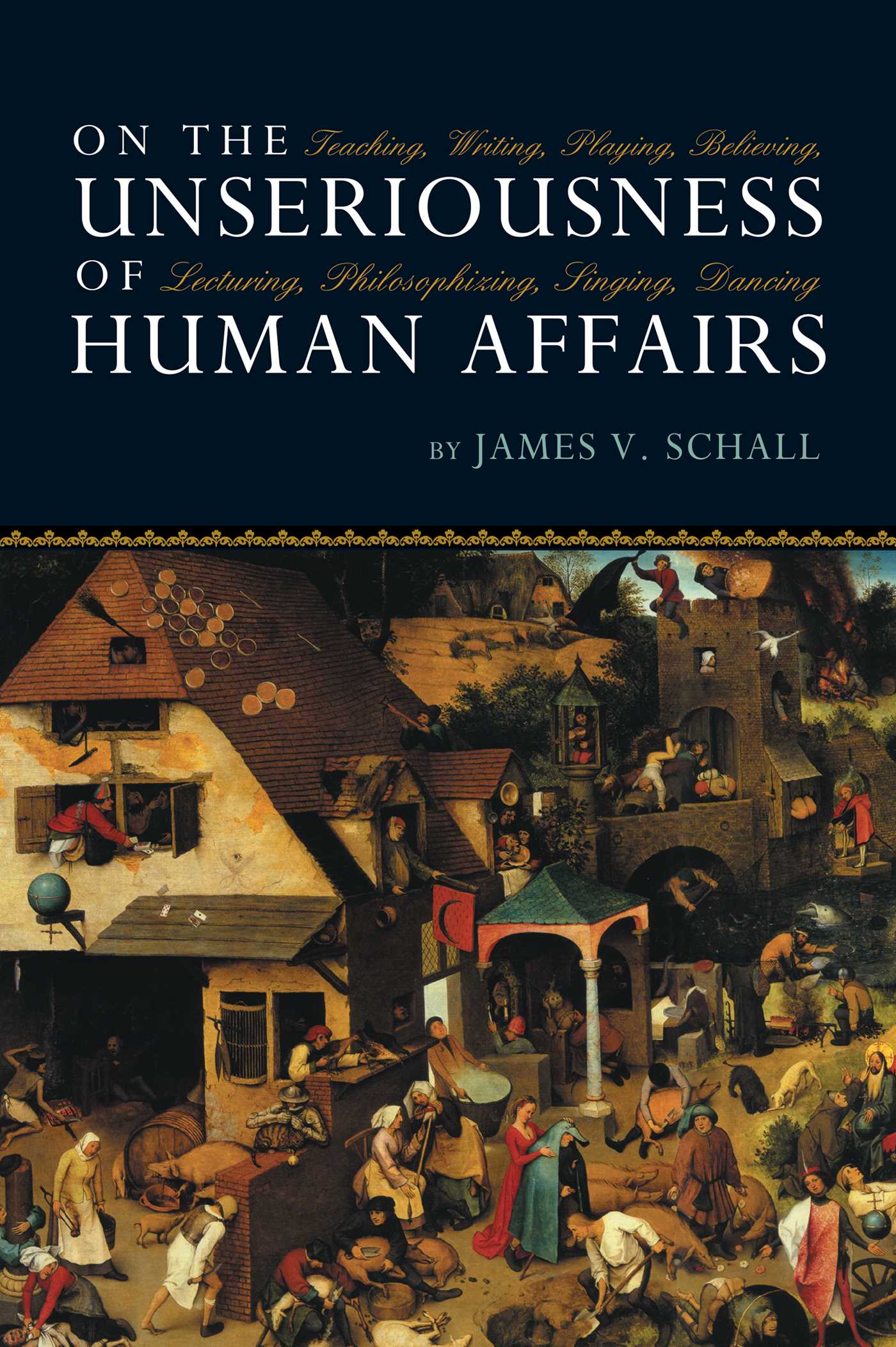Why Aristotle was fascinated by play

“Ludere est contemplari — “to play is to contemplate” — or perhaps, “to watch play is to contemplate.”
In his Politics, Aristotle suggests that oftentimes the closest we come to contemplation in our lives is when we play. And neither play nor contemplation can be, strictly speaking, necessary…
… It is only in modern times and because of certain modern intellectual assumptions about human autonomy that we prefer to associate prayer with work, not play. We have the illusion — a word itself connected with the Latin word, ludere, meaning “to play” — that what we are about is to make a world and not to receive a salvation. We think work obviously to be serious but play and the deeds of leisure to be frivolous, or at least unnecessary.
However, for Aristotle, the most interesting and fascinating thing about play was precisely that it was “unnecessary.” More than anything else, this freedom is what made play noble, what made it like contemplation, which Aristotle considered to be the highest act we could engage in.”

– From On The Unseriousness of Human Affairs, by James Schall.
Many thanks to Evan Baehr for the tip!





Member discussion